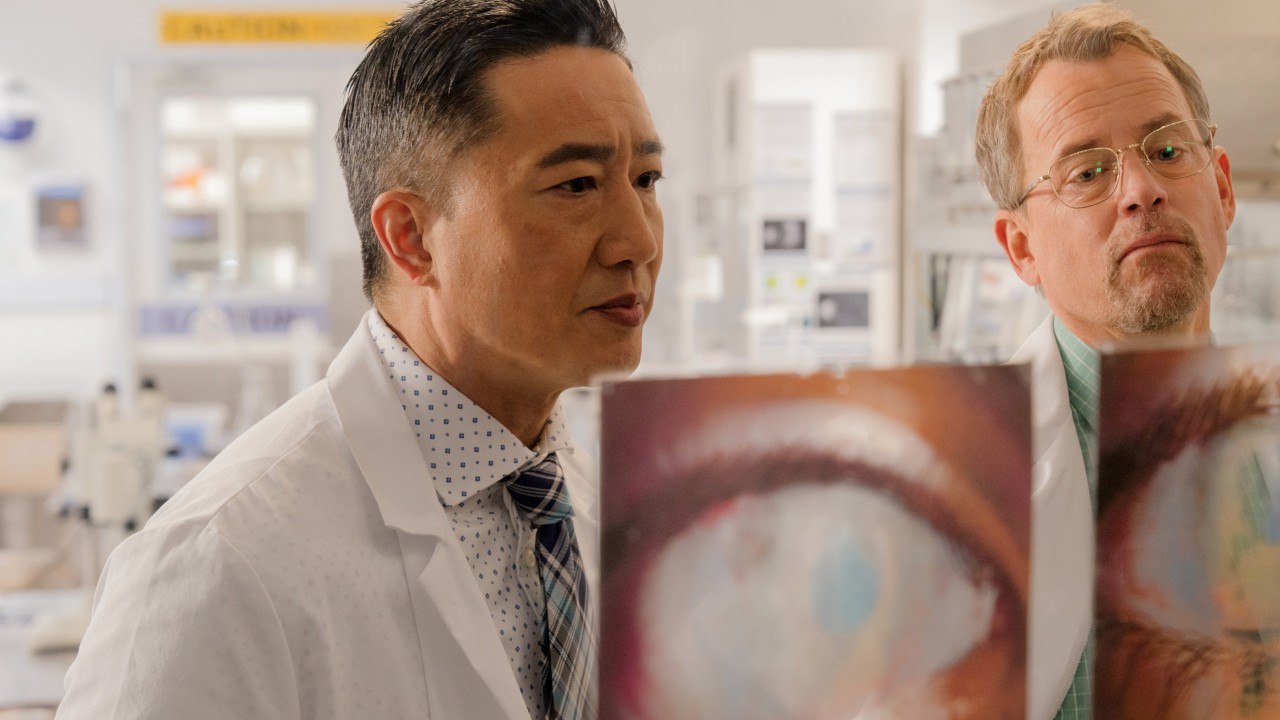When Dr Ming Wang arrived in the United States in 1982 at 21 years old, he had nothing but US$50 and a Chinese-to-English translation book. He had just survived the violent Cultural Revolution in China – and the loss of a dear friend – during which the government had shut down most of the universities in the country. We see this and much more in flashbacks throughout the movie , which is based on Wang’s autobiography and is now in cinemas.
In it, Wang (played by Terry Chen) ends up earning medical doctorates from Harvard and the Massachusetts Institute of Technology (graduating magna cum laude from the latter), while also earning a PhD in laser physics from the University of Maryland. He discovers a new way to potentially help blind people see – using an amniotic membrane contact lens – as he and his medical partner Dr Misha Bartnovsky (played by Greg Kinnear) embark on a mission to help orphans regain their sight. The United States’ National Library of Medicine estimates that over the last 25 years, more than 20 million eyes were treated with laser eye surgery.

Wang’s pioneering medical technique has restored the eyesight of millions around the world. As one of the leading experts in the field, Wang’s impact and philanthropy have been recognised in his home state of Tennessee, but his story is not widely known around the world. As Asian American and Pacific Islander Heritage Month is observed in the US throughout May, Wang, who also executive-produced the fil.
















